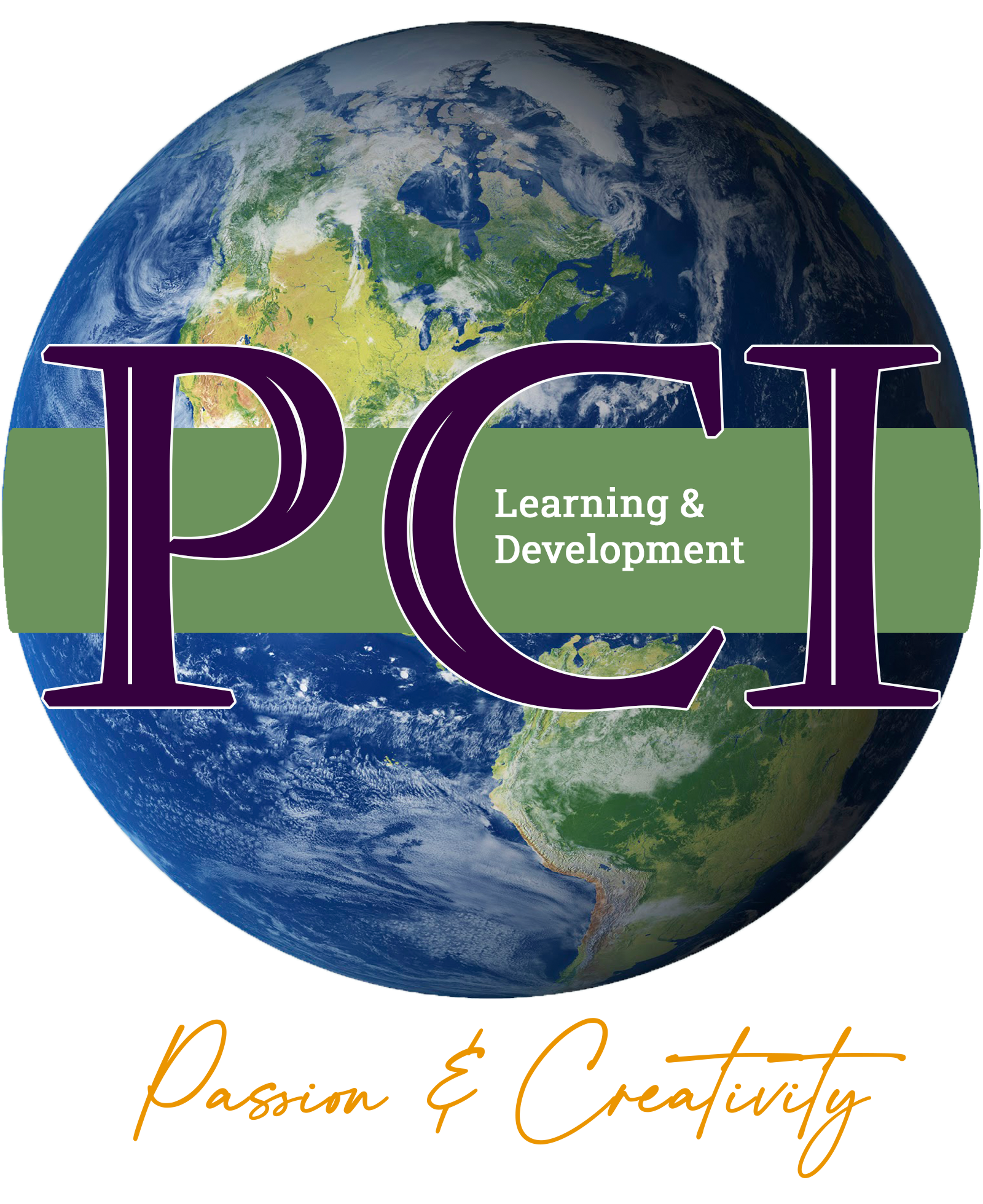Introduction:
Teamwork stands as a cornerstone of success in virtually every endeavor, from sports and academia to business and community initiatives. At its essence, teamwork embodies collaboration, mutual respect, and a shared commitment to achieving common goals. By pooling diverse talents, perspectives, and resources, teams harness collective strengths to tackle challenges that individuals alone may find insurmountable.
Effective teamwork transcends mere cooperation; it fosters synergy, where the combined efforts of each member yield outcomes greater than the sum of individual contributions. This collaborative spirit not only enhances productivity but also cultivates a supportive environment where innovation thrives and personal growth flourishes. Moreover, teamwork nurtures camaraderie and trust among team members, essential elements for building resilient relationships and sustaining long-term success.
This introduction sets the stage for exploring the dynamics and benefits of teamwork, highlighting its pivotal role in fostering creativity, problem-solving prowess, and organizational excellence. By embracing the principles of teamwork, individuals and groups can harness collective potential, overcome obstacles with agility, and achieve shared aspirations with enduring impact.

